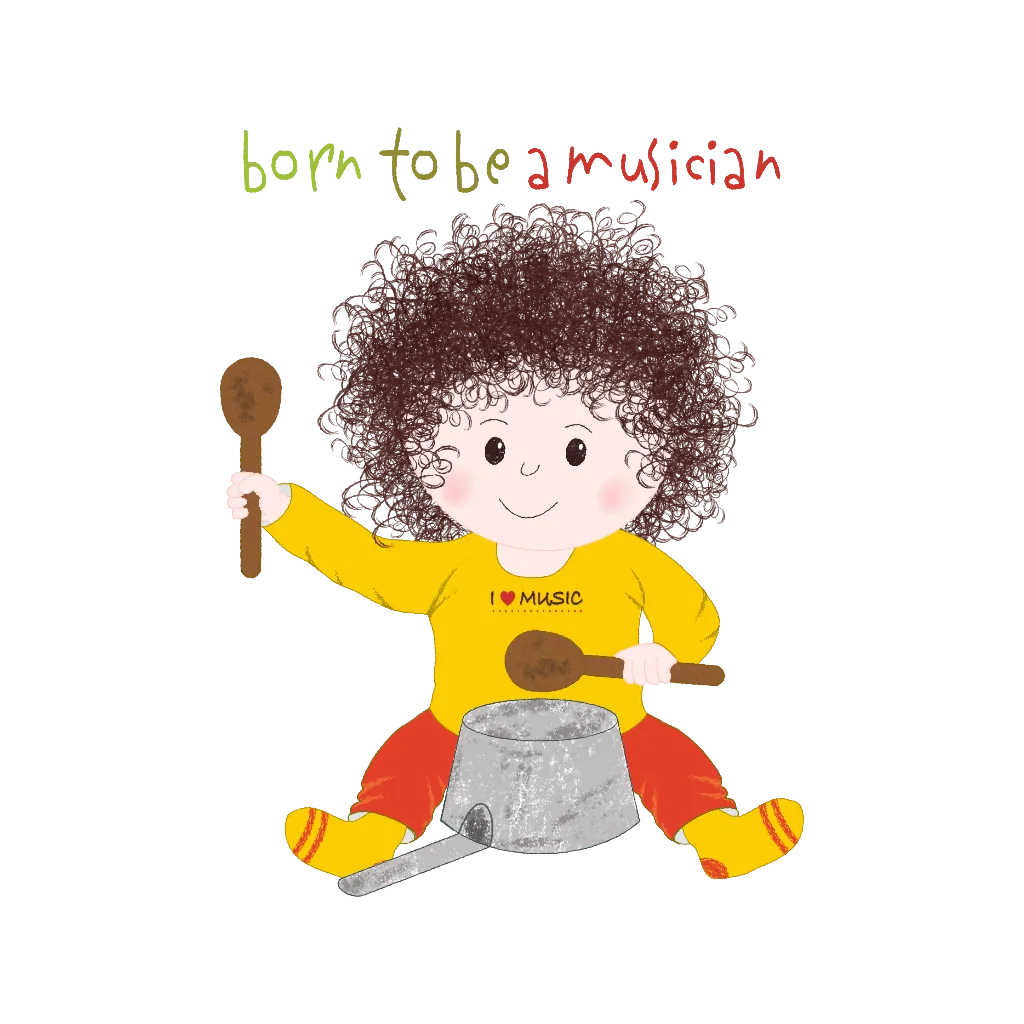Why Toddlers Cry When You Leave: Insights & Tips
Share
Introduction:
Parenting is a journey filled with countless joys, but it also comes with its fair share of challenges. One common scenario that many parents encounter is the heart-wrenching moment when their toddler bursts into tears as they leave the room. If you find yourself wondering why your toddler cries when you leave, you're not alone. In this blog note, we'll explore the reasons behind this behavior and offer insights on how to navigate this emotionally charged situation.
- Attachment and Separation Anxiety:
Toddlers are navigating a world of new experiences and emotions, and attachment to their primary caregivers is a central aspect of their development. When you leave the room, your toddler might experience separation anxiety, fearing that you won't return. This behavior is a testament to the strong emotional bond they share with you.
- Normal Developmental Stage:
Crying when you leave the room is often a normal developmental stage that toddlers go through. As they become more aware of their surroundings, they may develop a heightened sensitivity to separations. Understanding that this is a phase that many toddlers go through can provide reassurance during these challenging moments.
- Fear of Missing Out (FOMO):
Toddlers are naturally curious, and the fear of missing out on something exciting can trigger tears when you leave. They may worry that they'll miss a fun activity or an opportunity to be with you. Communicating with your toddler about what they can look forward to upon your return may help alleviate this fear.
- Testing Boundaries:
As toddlers explore their independence, they may test boundaries to understand cause and effect. Crying when you leave could be a way for them to gauge your reaction and understand the impact of their actions. Setting consistent boundaries and responding calmly can help navigate this aspect of their development.
- Transitioning Between Activities:
Sometimes, toddlers cry when you leave the room because they struggle with transitions between activities. They may not be ready to move on from the current play or routine. Offering a heads-up before leaving and providing a transition activity can make the process smoother.
- Addressing Feelings of Insecurity:
Crying when you leave may signal feelings of insecurity in your toddler. Reinforce their sense of security by ensuring that they understand you will return. Simple rituals like saying goodbye and offering a timeframe (e.g., "I'll be back in a few minutes") can provide comfort.
Conclusion:
Understanding why your toddler cries when you leave the room involves recognizing the emotional and developmental aspects at play. It's essential to approach these moments with empathy, patience, and consistent communication. As your toddler navigates this stage of their journey, your reassurance and understanding can help foster a secure and emotionally healthy environment. Remember, these tears are a testament to the profound bond you share, and with time and patience, they often become a fleeting phase in the beautiful tapestry of parenthood.



